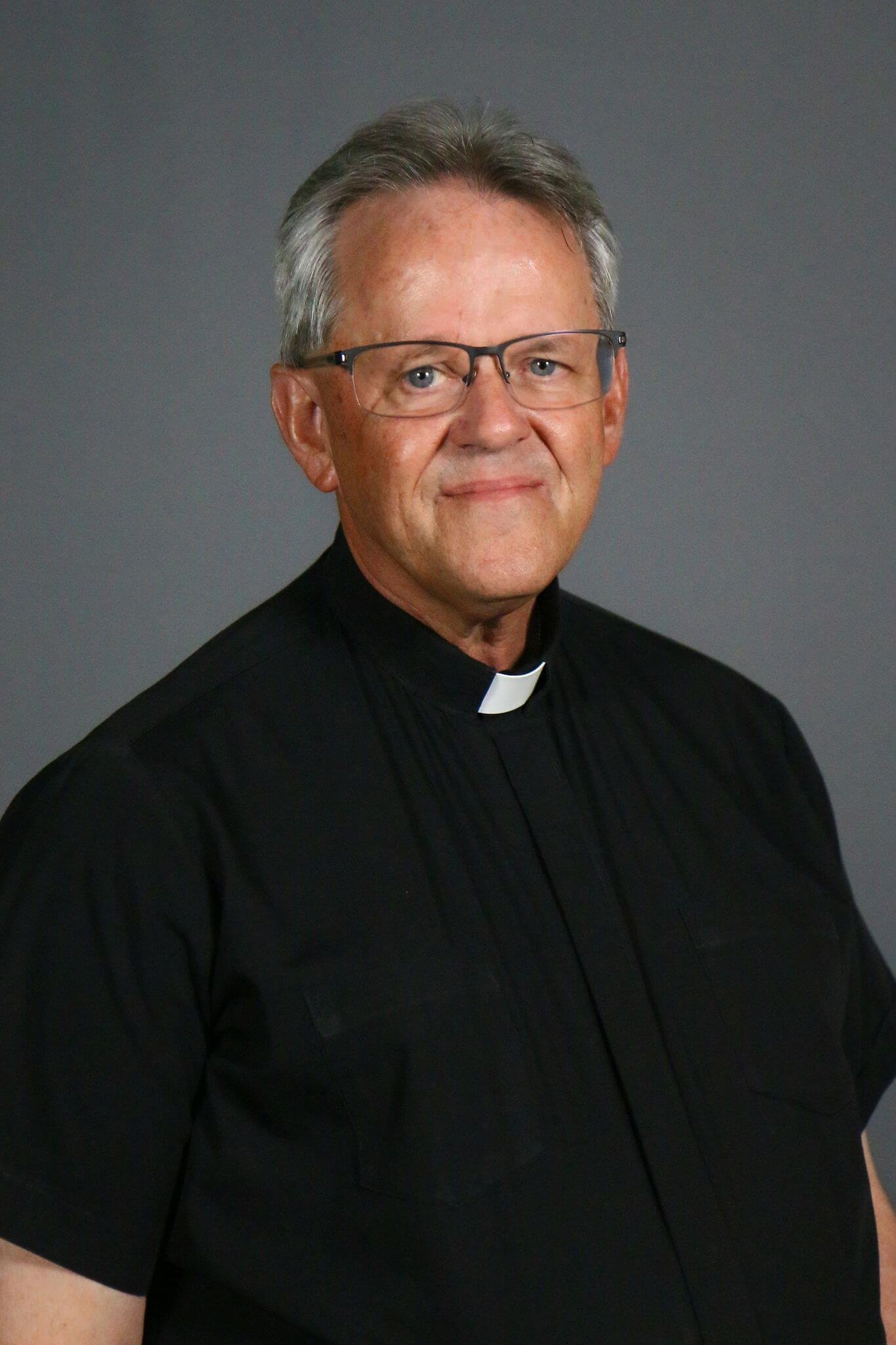The Last Supper is the most revolutionary meal in human history!
In the Gospel story for Holy Thursday (John 13:1-15), the term “revolution” does not appear. But that’s exactly what Jesus brings about. In dramatic fashion, He turns upside down the way we are to relate to one another ... and thereby defines the existential key to being Christian.
Jesus’s washing the feet of His disciples does not merely express or simply model service. It’s far more radical! First, He exemplifies it to and for his disciples. Then He commands it, as the profound conversion needed by those who would follow Him.
He, who is Teacher and Master, models a new mode of relating to others that demands a complete overhaul of our natural human inclination to put ourselves first. Instead, and deliberately, we are to place ourselves at the feet of others – in the self-abasement expected of a household servant (as Jesus vividly demonstrates).
Oblate Fr. Roger Balducelli taught the lesson of Holy Thursday as: We ought “to consider and treat others as more important to me than I am to myself.”
Jesus did this by His Incarnation. He lowered Himself from heavenly heights to come into earthly existence. Taking on our fallible, mortal condition – in all things but sin – He is able “to fully reveal man to man Himself and make His supreme calling clear” (Gaudium et Spes, n. 22).
Jesus does this on the Cross. There He suffers the worst of degradations – an innocent one experiencing the anguish of crucifixion. And He does so voluntarily, embracing excruciating pain for the sake of others – for sinners, like you and me.
Considering and treating others as more important to me than I am to myself – that’s how Jesus relates to us. The Son of God treats humanity as more important to God than God is to God’s self!
That’s the truth and depth of divine love present in Jesus. And that way of being-in-relation, that way of love, becomes fundamental to a truly Christian life when the Master says: “as I have done for you, you should also do.” It’s quite a challenge, but with grace all things are possible.
In fact, the grace of this revolutionary Christian love has been perpetuated throughout history. It still works in our time – in the lives of saints and in the Church’s memorial celebration of the Mass.
In the Church at worship, through the mediation of Word and Sacrament Jesus comes to be present. By the power of the Holy Spirit, the absent Jesus is present again in our midst, still among us. What a mystery!
But there’s more to the Eucharistic phenomenon. In the Blessed Sacrament, Jesus is not just present there. He is present there for us, in relation to us. His presence makes real our encounter with God – in the dynamism of being broken, shared, and consumed.
On Holy Thursday, Jesus dramatically demonstrated the self-giving evident in God’s relation to His people. Nowadays, in the gift of the Eucharist, that sacrifice becomes present in the present, as Jesus continues to give Himself to us each and every time we “do this in memory of (Him).”
Fr. Thomas Dailey, OSFS
The John Cardinal Foley Chair of Homiletics & Social Communications
Saint Charles Borromeo Seminary





